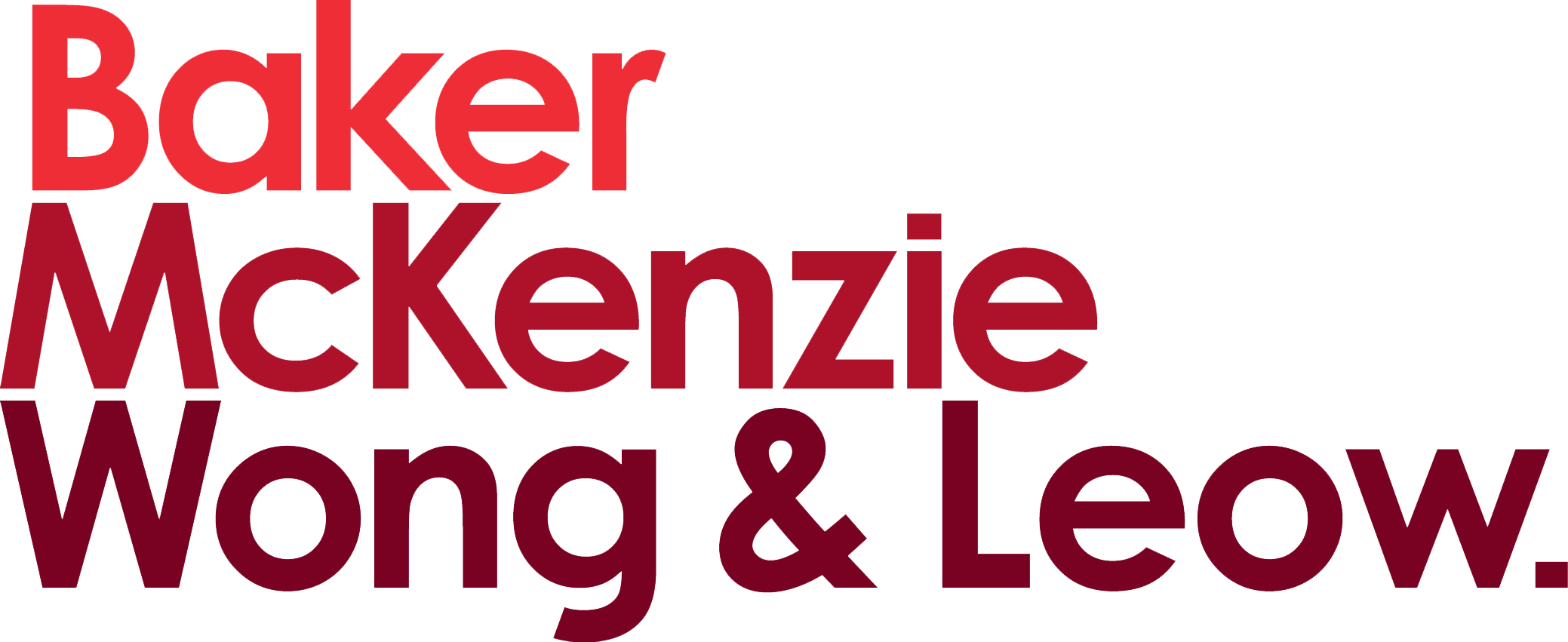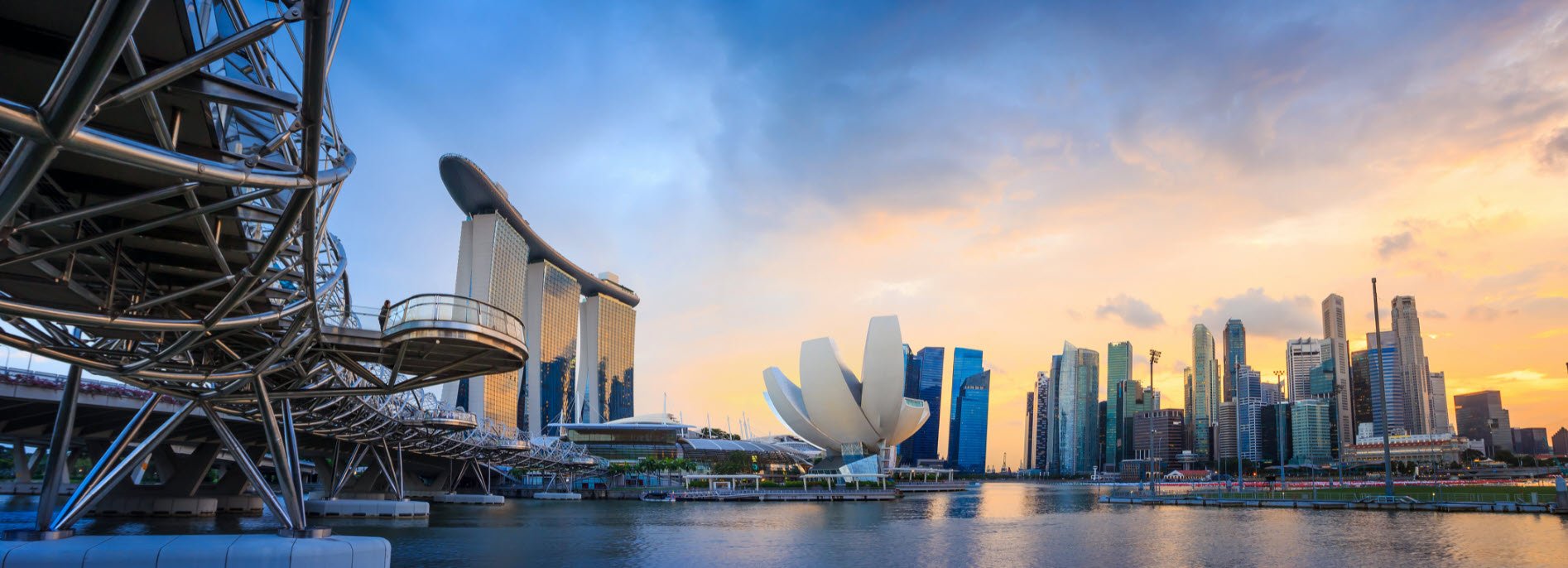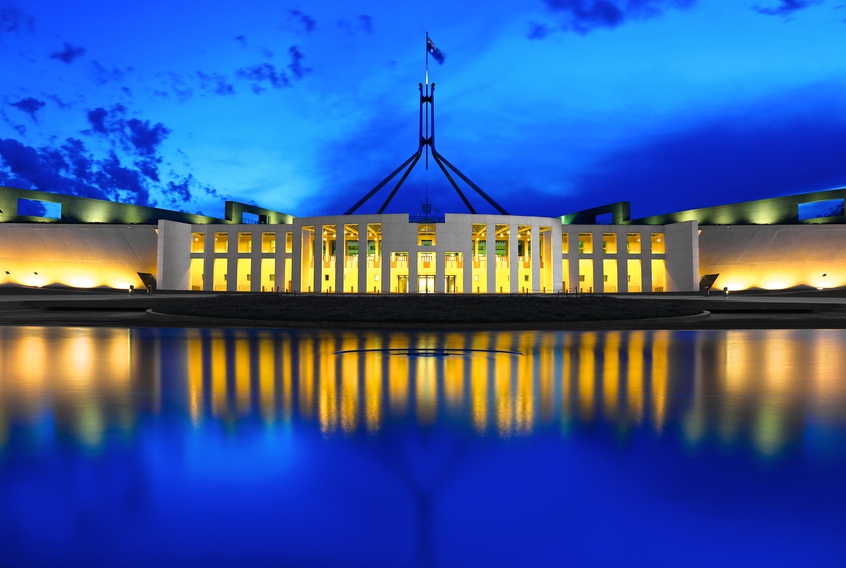In brief
Singapore Budget 2022 makes significant strides in charting Singapore’s path into the future. As the nation faces an ageing population and seeks to recover from a prolonged pandemic amidst an increasingly volatile global landscape, Budget 2022 aims to prepare Singapore to meet these challenges while securing the opportunities of the future.
What is of particular note in Budget 2022 is the announcement of changes to the tax system that are broadly aimed at building a fairer and more resilient revenue structure for Singapore. Importantly, Singapore is exploring the possible introduction of a minimum effective tax rate for multinational enterprise groups. While the oft-mentioned Goods and Services Tax (GST) increase will not take place this year, the government has confirmed that the increase will be implemented in a staggered, two-step process beginning 1 January 2023. Adjustments will also be made to the carbon tax, property tax and personal income tax rates.
We highlight below the key tax developments from Budget 2022.
Key takeaways
- The Ministry of Finance is exploring the introduction of a minimum effective tax rate of 15% for multinational enterprise (MNE) groups with annual revenues of at least EUR 750 million.
- The GST rate increase will not take place in 2022 and will remain at 7% for the remainder of the year. Instead, the increase will be staggered over a two-year period and implemented in two steps, taking effect on 1 January 2023 (from 7% to 8%) and on 1 January 2024 (from 8% to 9%).
- The carbon tax rate will be progressively increased from 2024 onwards, with a view to reaching SGD 50 to SGD 80 per tonne by 2030. To support businesses, a transition framework will be introduced to provide companies with allowances for a share of their emissions.
- There have been extensions and enhancements to various tax schemes, including the Approved Royalties Incentive scheme, the Approved Foreign Loan scheme and the withholding tax exemption for the financial sector. Some schemes have also been allowed to lapse, such as the tax incentive scheme for infrastructure trustee-managers/fund management companies.
- Adjustments will be made to the personal income tax rates and property tax rates for residential properties. The top marginal personal income tax rate will be increased with effect from Year of Assessment (YA) 2024, with two additional tax brackets introduced for chargeable income in excess of SGD 500,000 and SGD 1 million. Additionally, property tax rates for residential property will generally be increased across the board, with significantly greater increments for non-owner-occupied residential property and owner-occupied residential property with higher annual values.
Click here to access the full alert.

© 2022 Baker & McKenzie.Wong & Leow. All rights reserved. Baker & McKenzie.Wong & Leow is incorporated with limited liability and is a member firm of Baker & McKenzie International, a global law firm with member law firms around the world. In accordance with the common terminology used in professional service organizations, reference to a “principal” means a person who is a partner, or equivalent, in such a law firm. Similarly, reference to an “office” means an office of any such law firm. This may qualify as “Attorney Advertising” requiring notice in some jurisdictions. Prior results do not guarantee a similar outcome.







